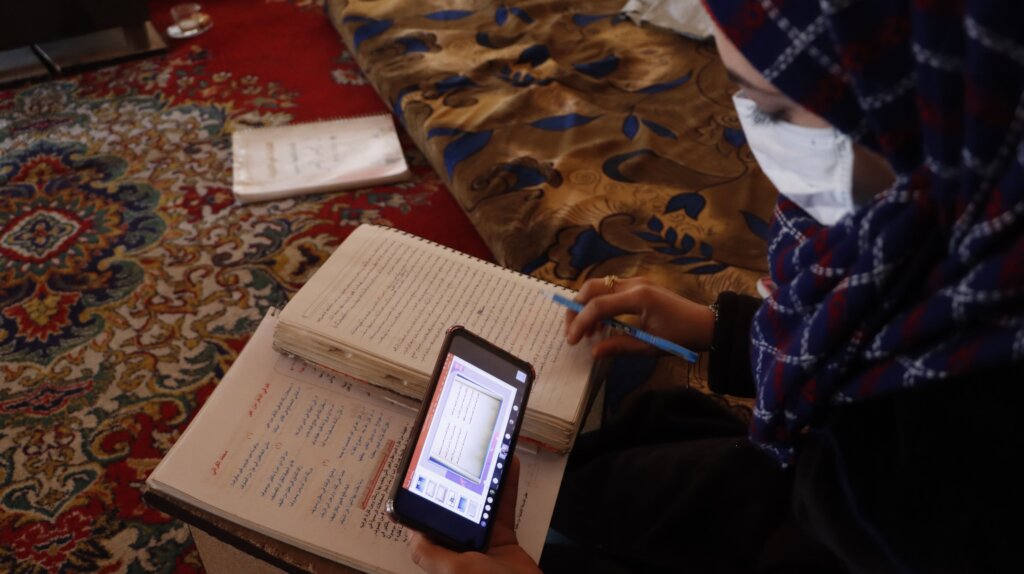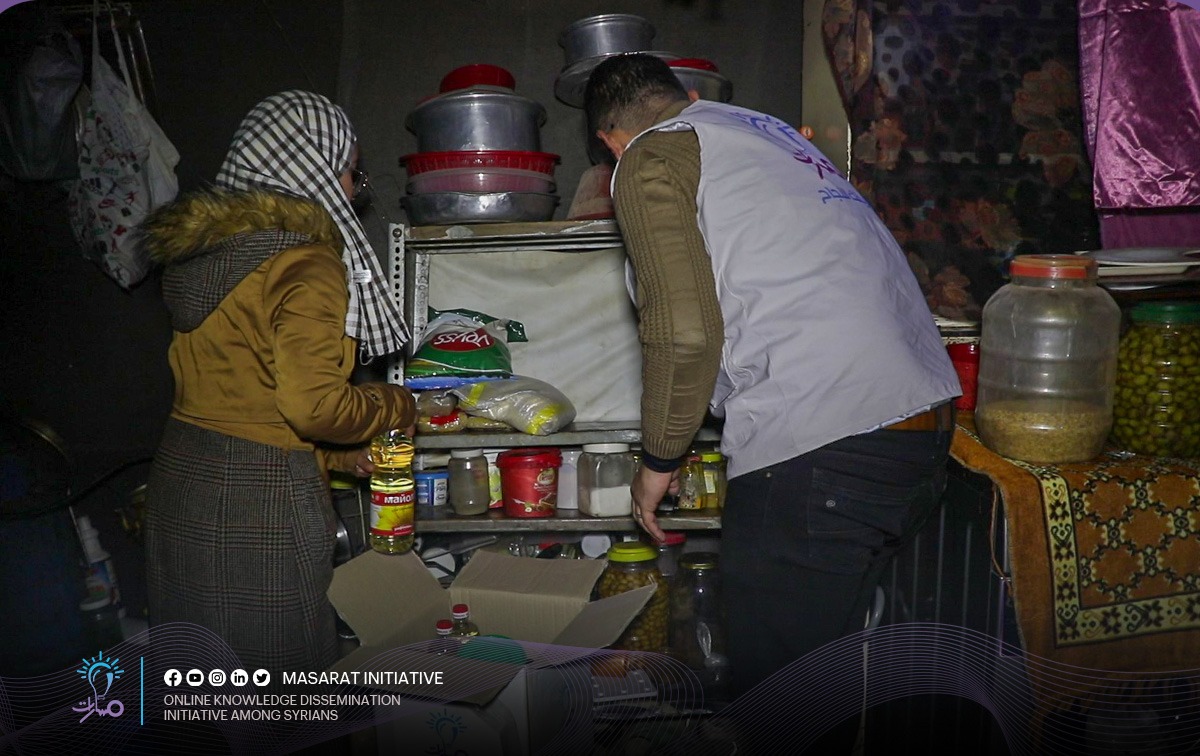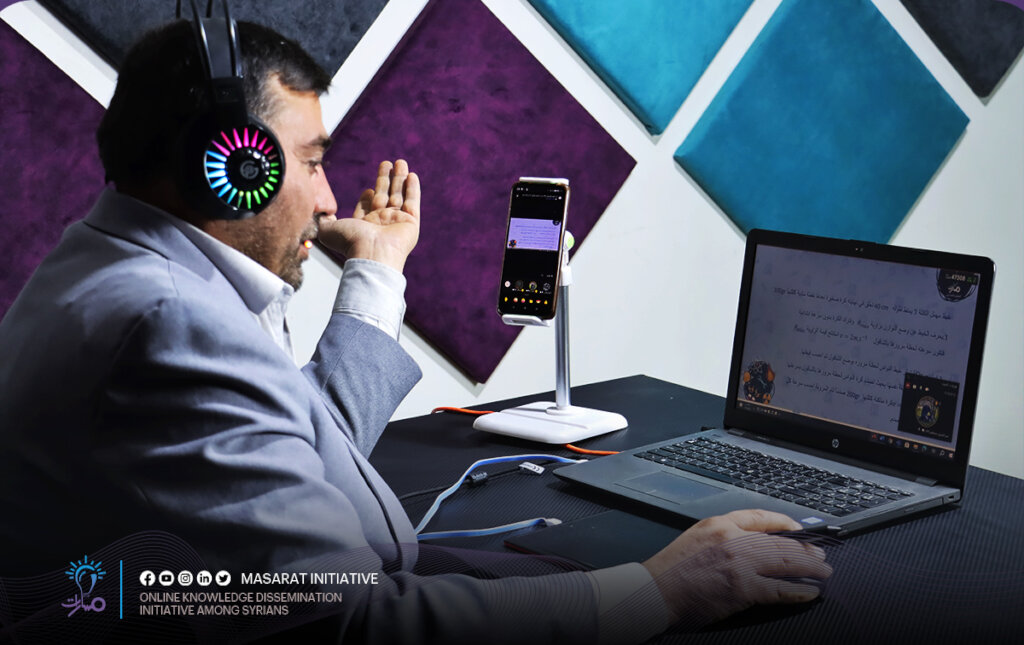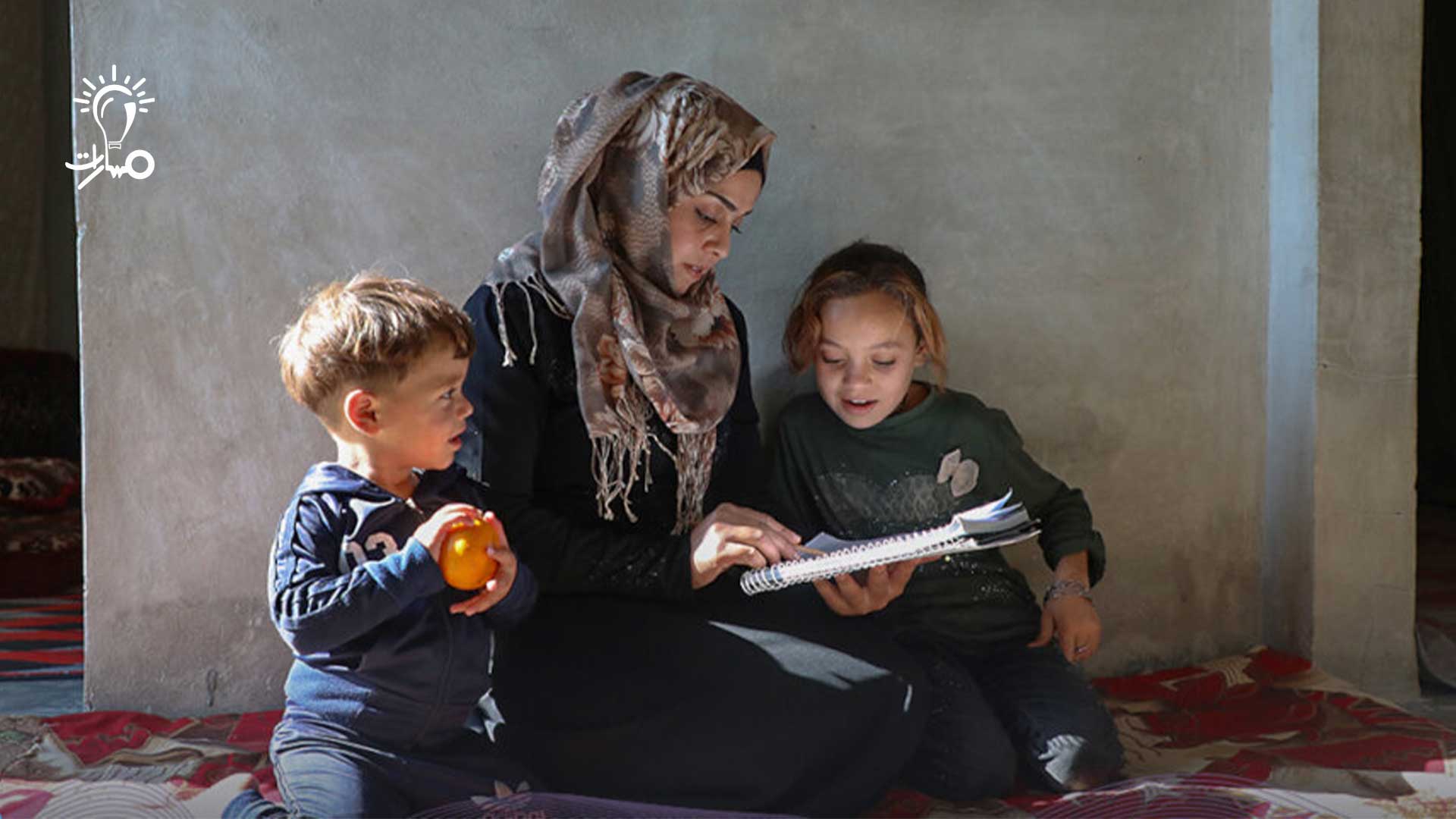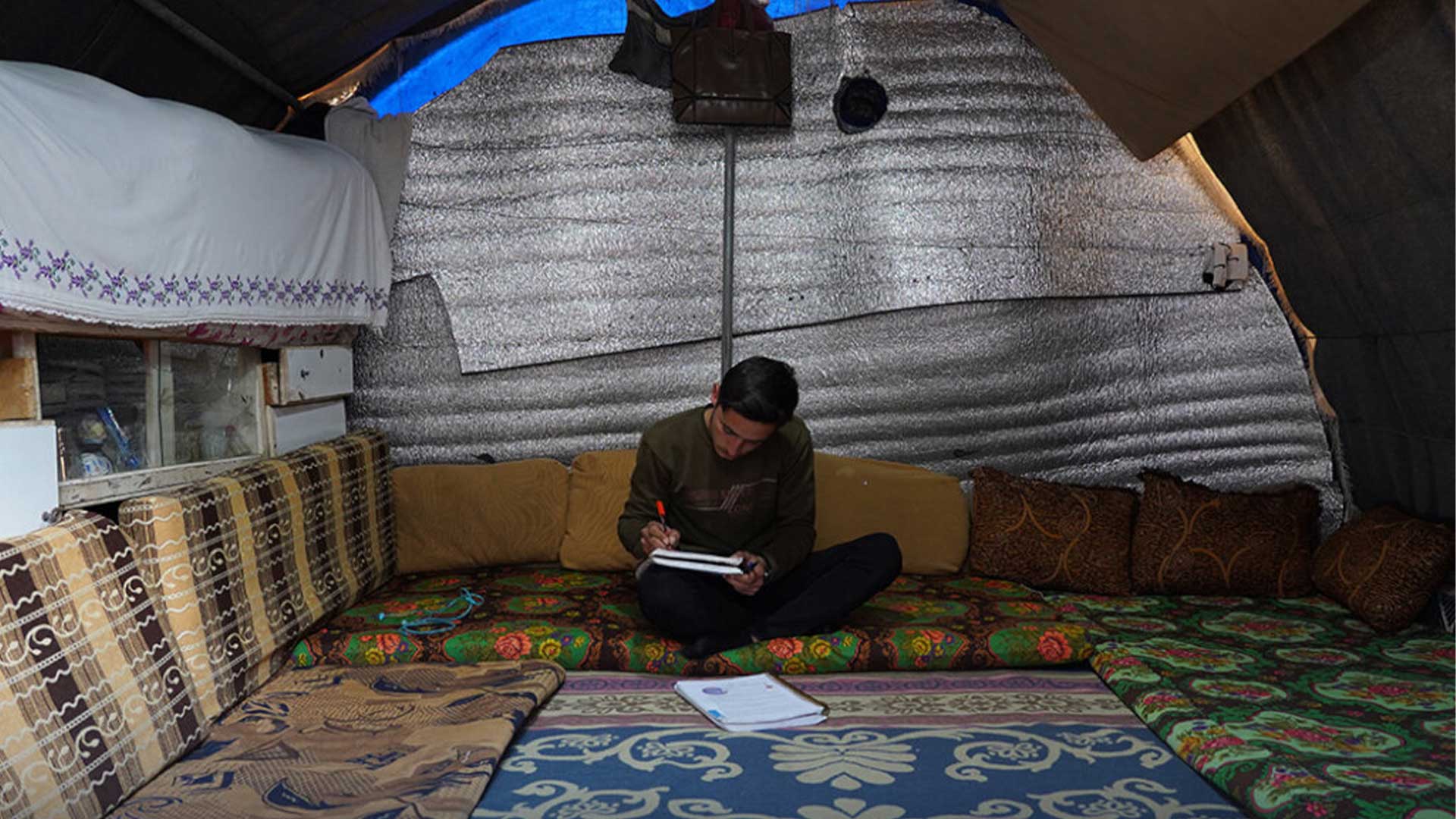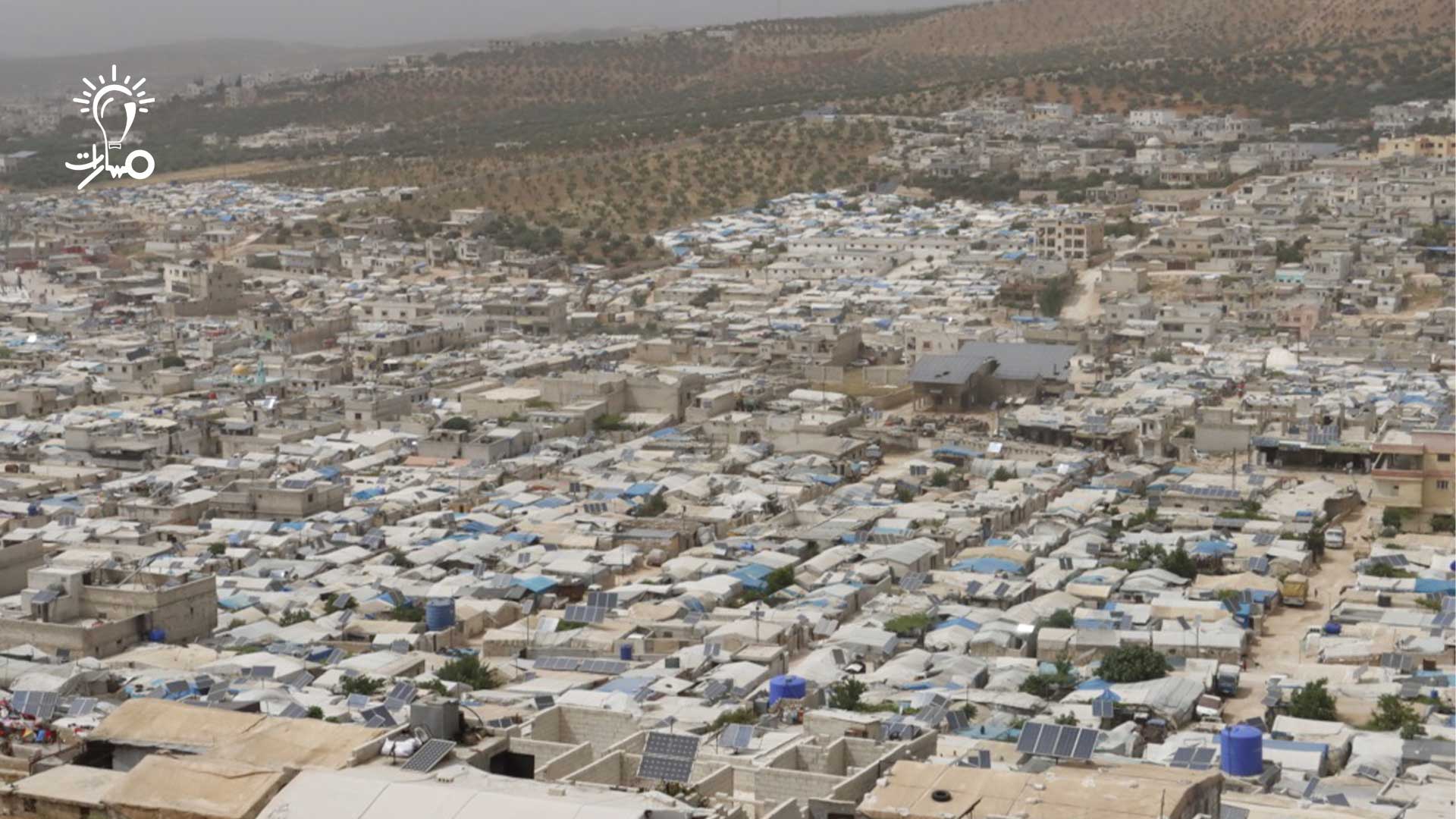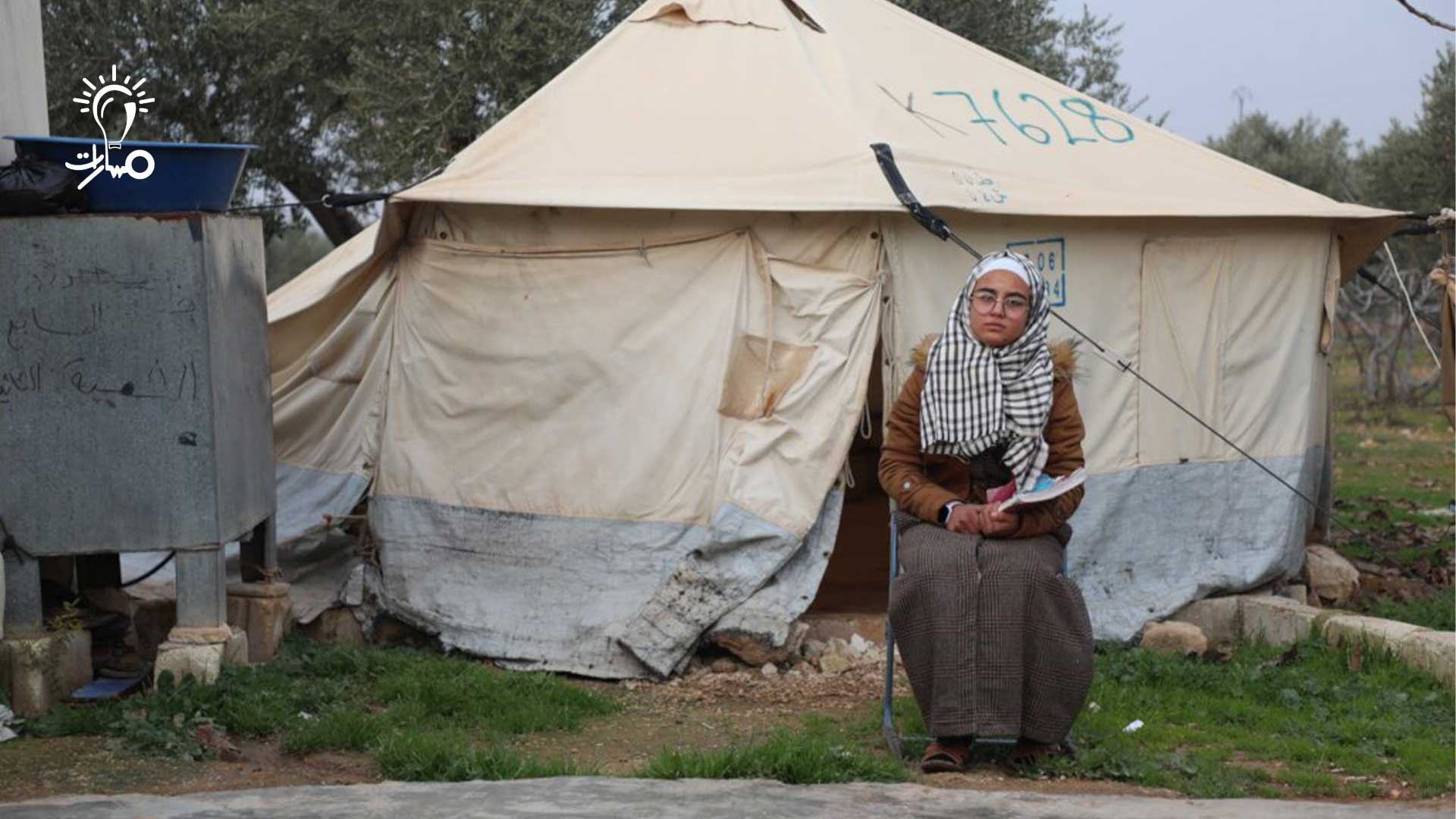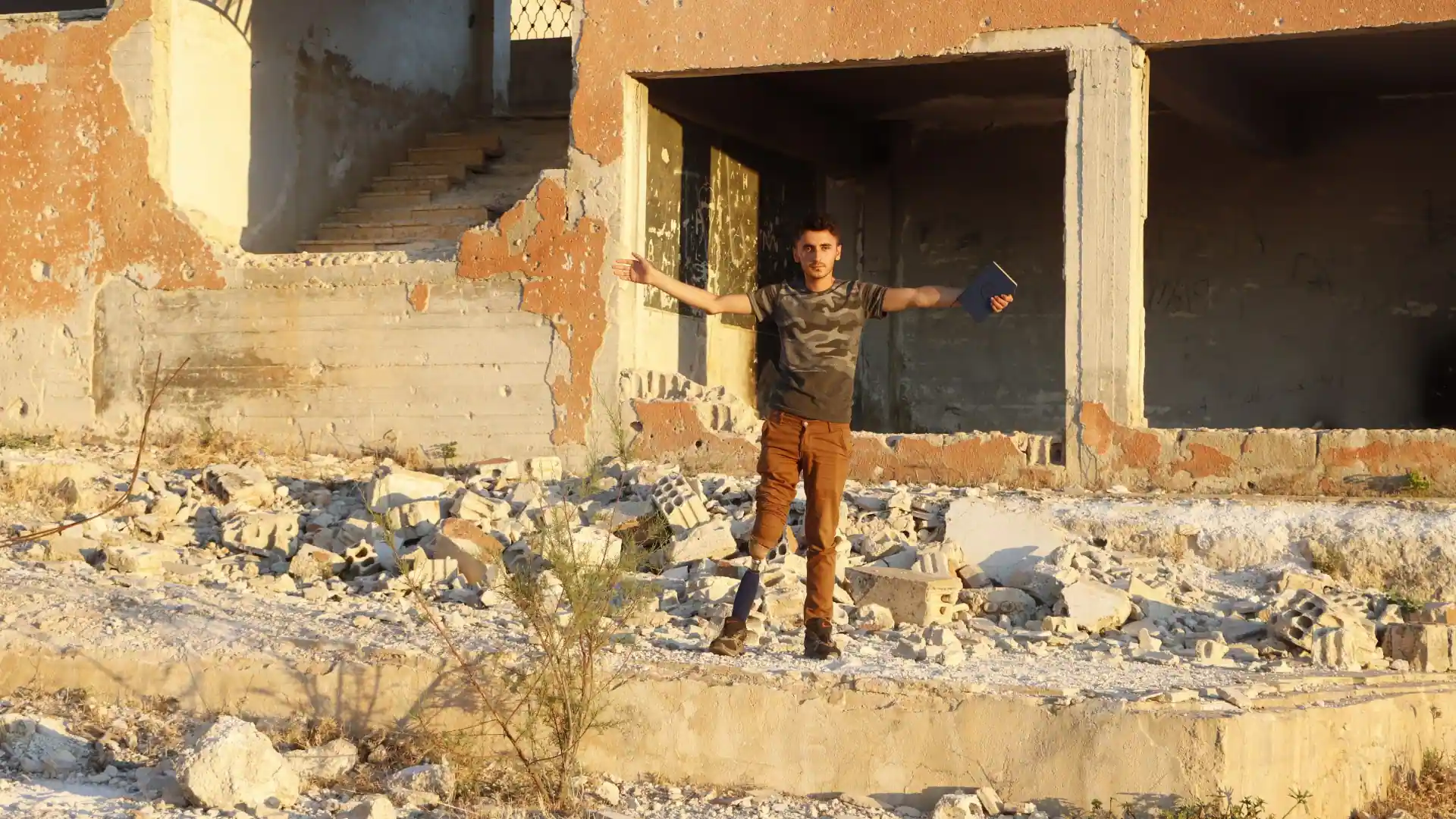With increasing needs and widening social gaps, the question of the optimal way to make an effective contribution to charitable work often arises. Is it better through direct donate Al-Mal to those in need or via charitable organizations? This dilemma, carrying complex implications for effectiveness and sustainable impact, forms the core of the approach discussed in our article.
Through this article, you will learn about the differences between donate Al-Mal to a charitable organization versus directly to those in need, highlighting the challenges and factors facing each to ultimately help you make the best and most suitable donation decision for you.
Donating Al-Mal to a Registered Non-Profit Charitable Organization
What is a non-profit charitable organization?
It is an entity established for charitable purposes, committed to providing a wide range of services that benefit community building without seeking material profit. These organizations undertake noble tasks varying from supporting education, improving public health, fighting poverty, and protecting the environment, enabling them to play a vital role in bridging service gaps and meeting the basic needs that other sectors may overlook.
To achieve its goals, it primarily relies on community support, whether through donations of Al-Mal, gifts, or grants, with a commitment to transparency and high responsibility in managing these resources. These high standards of integrity and transparency not only help build trust between organizations and the communities they serve but also encourage increased support and participation from individuals and institutions, leading to the development of a healthier and more capable community.
How Non-Profit Organizations Work and Manage Donations
Managing non-profit organizations and organizing donations of Al-Mal requires high administrative skills due to their complexity. What is the mechanism of operation of these organizations?
- Clearly defining the vision and missions of the organization with a comprehensive strategic plan for the goals and planned activities.
- Creating a fundraising framework that identifies the target audience, appropriate communication means, and events attractive for support.
- Allocating teams to execute and follow up on activities, highlighting the importance of information technology in data management and communication.
- Using Customer Relationship Management (CRM) systems to record contributions of Al-Mal, track interactions, and analyze data to enhance fundraising strategies.
- Emphasizing transparency and accountability as the foundation in managing donations of Al-Mal with the necessity of providing periodic reports that clarify spending and the use of donations to achieve goals.
- Preparing financial reports and external evaluations to ensure integrity and gain the trust of the community and donors.
- Building long-term relationships with donors by offering thanks and appreciation, and providing regular updates on the impact of their contributions to encourage further support in the future.
The Role of Trusted Charitable Associations in Supporting Communities and Those in Need
Trusted charitable associations are known for their role in supporting communities and needy groups, especially in key areas such as:
Education
These associations work to provide educational opportunities for children and youth in deprived areas through building schools, offering scholarships, and developing e-learning programs. These actions aim not only to raise education levels but also to achieve educational justice and ensure equal opportunities for everyone.
Sustainability of Services
By supporting projects that ensure continuous access to basic services like healthcare, clean water, and food. Through community empowerment programs and capacity building, these associations enhance community self-reliance and prepare communities to face future challenges.
Beyond providing material support, the role of charitable associations extends to raising awareness about important community issues, promoting cooperation among community members, and encouraging volunteer efforts, which will succeed in achieving sustainable development and improving the quality of life for individuals and communities in general.
Pros and Cons of Charitable Associations
When you decide to donate Al-Mal to non-profit organizations, there are advantages and disadvantages to consider:
Advantages of Charitable Organizations
- Increased Social Impact: Donations of Al-Mal enable non-profit organizations to provide necessary support and services to the needy, including nutrition programs, education, and healthcare.
- Achieving Sustainability: Financial contributions of Al-Mal help organizations continue their work and expand their projects in a way that ensures the sustainability of their efforts to help others.
- Raising Awareness: Donors often become ambassadors for the causes they support, contributing to raising awareness and encouraging others to participate and support.
- Psychological Positives: Associated with feelings of satisfaction and accomplishment generated by donating Al-Mal, where donors realize that their contributions help make the world a better place.
- Tax Benefits: Many countries offer tax exemptions for non-profit organizations, encouraging ongoing support from donors.
Disadvantages of Charitable Associations
- Transparency and Accountability: It may be difficult to determine precisely how donations of Al-Mal are used, with increasing concerns about transparency and accountability in some organizations.
- Uncertain Impact: Not all charitable projects achieve success as hoped, and donations of Al-Mal may not yield the desired benefit.
- Dependency: Sometimes excessive reliance on donations of Al-Mal prevents some organizations from developing sustainable funding sources or long-term strategies.
- Resource Direction: Resources may sometimes be directed to more popular areas or issues rather than those most in need or urgent.
- Administrative Costs: A portion of donations of Al-Mal in these organizations goes towards covering their administrative costs, reducing the percentage allocated to developing projects and expanding their scope.
Directly Donating Al-Mal to Those in Need
Or what is known as direct financial assistance, has an immediate tangible impact on the beneficiaries’ lives, giving them the freedom to use the funds provided to them to meet their essential needs according to their priorities, whether for buying food, paying rent, or covering healthcare expenses.
Advantages of Direct Donation
- Provides beneficiaries the freedom to choose how to spend the money based on their needs and priorities.
- Offers immediate assistance to people in times of crisis without the need for routine procedures that may prolong the process of obtaining help.
- Increases the dignity and independence of beneficiaries, treating them as individuals capable of making informed decisions about their needs.
Disadvantages of Direct Donation
Does not provide long-term solutions or address the root causes of poverty and deprivation.
- Difficult to ensure that donations of Al-Mal reach the neediest individuals or are distributed fairly in the absence of an organized distribution system.
- The risk of funds being exploited by some individuals who take advantage of emergencies or crises for personal gain.
- Security risks associated with carrying or distributing cash, especially in conflict areas or those with high crime rates.
Is it better to donate Al-Mal to a charity or directly to those in need?
Your decision to donate Al-Mal in one of the two ways depends on several factors and personal preferences, as each option has its advantages and challenges. Let’s get to know them:
Direct Donation
Advantages of Direct Donation to the Needy
- Provides immediate support to meet the urgent needs of the needy without delay.
- Helps build personal relationships and offers an opportunity to better understand the beneficiaries’ needs.
- Provides precise knowledge of how your donations of Al-Mal are used and their spending destination.
Challenges of Direct Donation
- Limits the impact to a small number of individuals without addressing the root causes of problems.
- Faces difficulties in identifying individuals most in need of help.
- Lacks privacy for both donors and beneficiaries.
Donating Through a Charitable Organization
Advantages of Donating to a Charitable Organization
- Non-profit organizations’ ability to distribute resources broadly and find sustainable solutions to complex challenges.
- The presence of teams of volunteers and qualified employees to provide various services and support to the needy.
- These organizations’ commitment to monitoring their projects and evaluating their impact to ensure that donations of Al-Mal reach those who truly deserve them.
Challenges Faced When Donating to a Charitable Organization
- A portion of donate of Al-Mal goes towards covering administrative costs.
- Difficulty in accurately tracking how donations of Al-Mal are used in some organizations.
- The need for careful research and evaluation of the organization’s credibility and the effectiveness of its projects before donating.
In any case, choosing the method of donation primarily depends on your personal preferences, priorities, and what you aim to achieve through your financial contribution. While some individuals prefer direct donation for its immediate impact, others opt for donating Al-Mal to charitable organizations to ensure the sustainability of support and achieve comprehensive solutions to the problems these organizations work on.
How do you know if a charity is trustworthy?
To determine if the charity you wish to donate Al-Mal to is a trustworthy entity, you can follow several steps and criteria to evaluate its credibility and the credibility of its projects:
Financial Transparency
When considering donating Al-Mal to a charity, it’s essential to review its annual financial reports to understand how funds are collected and used. Ensure that the allocation of donations primarily focuses on supporting the charity’s programs and services rather than deviating towards administrative and marketing costs.
Credibility and Registration
It’s important to verify the charity’s official registration and necessary accreditations from local or international governmental bodies. This recognition ensures the charity is subject to monitoring and auditing processes, raising your confidence in its reliability and transparency.
Reviews and Ratings
To ensure you choose a trustworthy charity, review donor and beneficiary evaluations, as well as reports issued by independent evaluation organizations. Websites like Charity Navigator, GuideStar, and BBB Wise Giving Alliance provide comprehensive ratings and detailed information about charities’ performance, helping you make an informed decision.
Results and Impact
To verify the effectiveness and credibility of a charity, review reports and studies that show the real impact of its programs on the community or targeted issues. Also, verify its commitment to ethical and operational standards, including anti-corruption policies, data protection, and adopting transparent and responsible practices in all its activities.
Communication and Support
The charity should provide effective communication with donors and transparent information about how to contribute and inquire. You should be able to get clear answers to any questions related to its activities and programs.
Factors Influencing the Donation Decision
- Personal Values and Principles: Choosing a donation approach that aligns with your personal values and beliefs.
- Trust and Transparency: Your belief in the integrity of the beneficiary institution and its clarity in utilizing donated funds.
- Direct Impact Vision: Your desire to see immediate and tangible results from donations.
- Tax and Legal Considerations: Awareness of the impact of donations on the donor’s tax status and the preference for donating to legally recognized organizations.
Steps to Make a Monetary Donation Decision
Making a decision to donate Al-Mal to a charitable organization requires thorough research to ensure your donation aligns with your values and achieves the desired impact. Here are some steps you can follow to make an informed decision:
- Choose the issues you care about the most, such as education, health, poverty, or the environment.
- Use the internet, charity rating websites, and recommendations to find organizations working in your preferred areas.
- Look for annual reports, financial statements, and clear information about the use of donations and the organization’s projects.
- Review the organization’s successes through case studies and external evaluations.
- Ensure the organization is registered as a charity and meets tax standards for donations.
- Evaluate the ratio of administrative expenses versus expenses directed towards charitable programs.
- Benefit from the experiences and opinions of previous donors to get an idea of the donation experience.
- If you wish to direct your donation to a specific project, ensure this option is available.
- Do not hesitate to contact the organization for additional information.
- Consider how well the organization aligns with your values and your level of comfort in dealing with it.
Masarat for Supporting Syrian Youth and Sustainable Empowerment
Masarat initiative works to support and empower Syrian youth amid the significant challenges created by the war, especially those in areas most affected by conflicts and disasters, based on the firm belief that knowledge is a fundamental right necessary for individual and collective empowerment.
Masarat envisions leveraging the power of knowledge and its importance in nation-building and community development, aiming to establish a new concept in knowledge dissemination that transcends geographical boundaries and material constraints, offering an innovative educational experience that meets international standards.
Services and Masarat Programs
- School Education Programs to ensure the continuity of education for students affected by conflicts.
- Student Activities Programs to develop multiple aspects of students.
- Academic Advising Programs to guide students towards the most suitable academic and professional opportunities.
- Vocational Training Programs to qualify individuals for work in various professions.
Donate to Syrian Children through Masarat Initiative
Masarat as a volunteer educational initiative, has proven itself as a model for transforming challenges into opportunities through determination and innovation. Since its launch at the end of 2019, Masarat has provided high-quality educational opportunities to more than 31,000 Syrian students, affirming the power of education in empowering individuals and building sustainable communities.
We invite you to join this journey by supporting Masarat whether through donations of Al-Mal, offering expertise, or strategic partnership. Every contribution from you, no matter its size, makes a significant difference in the students’ lives and helps build a better future for them and their communities.

